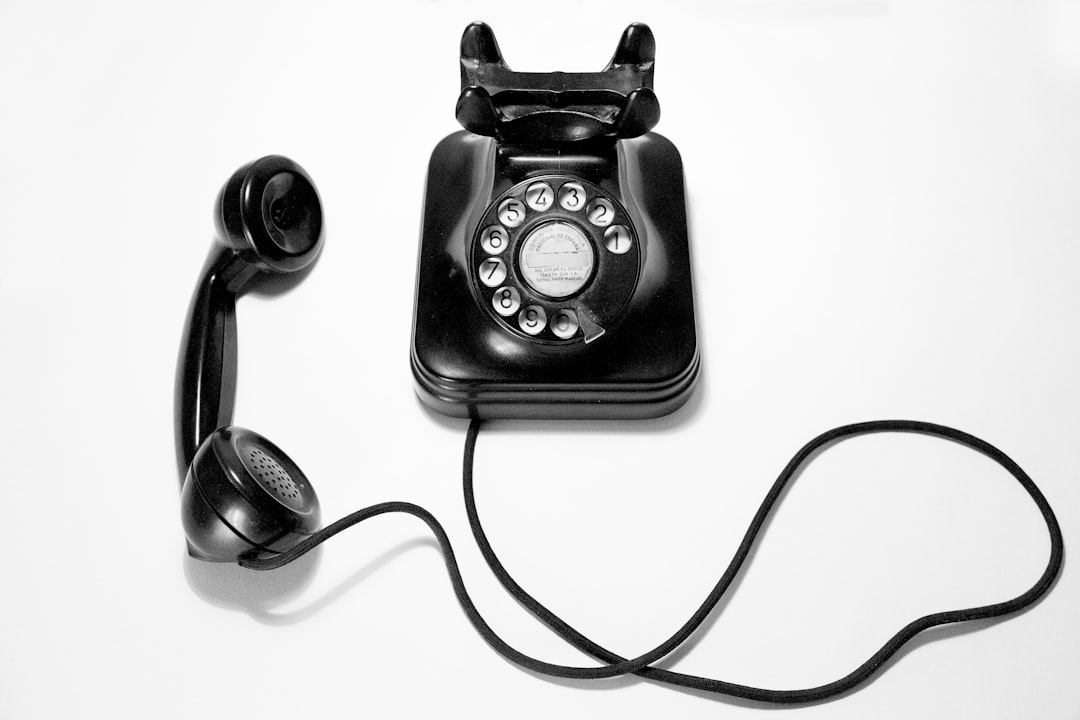In Maine, both state and federal laws protect consumers from unfair debt collection practices. Debt collectors must follow specific regulations, including providing written notice within five days of initial contact, avoiding inconvenient contact times, and disclosing information accurately. If collectors violate these laws, Maine residents can take legal action, such as filing complaints with the Attorney General's Office or seeking damages under the Debt Collection Practices Act (DCPA) and related state statutes. Understanding these rights empowers consumers to navigate debt collection confidently and ensures fair treatment under Maine's protective legislation.
In Maine, understanding unfair debt collection practices is crucial for consumers. This guide delves into the legal rights and remedies available under the state’s debt collector laws, equipping individuals with knowledge to protect themselves from abusive tactics. Learn how to identify unfair methods, explore legal options such as ceasing communication and suing for damages, and understand the steps to hold debt collectors accountable. By familiarizing yourself with these measures, you can navigate Maine’s debt collection landscape more effectively.
Understanding Unfair Debt Collection Practices in Maine

In Maine, unfair debt collection practices are regulated by both state and federal laws, designed to protect consumers from aggressive or deceptive tactics. The Maine Debt Collector Laws outline specific behaviors that are prohibited, ensuring fair and ethical treatment during the debt collection process. These laws cover various aspects, including the timing and frequency of contact, the disclosure of information, and the use of threats or intimidation. Debt collectors must provide written notice within five days of initial contact, detailing the amount owed and the name of the collection agency. They are also restricted from contacting individuals at inconvenient times, using obscene language, or misrepresenting themselves to gain information.
Understanding these rights is crucial for Maine residents facing debt collection issues. If a debt collector breaches any of these regulations, individuals have legal remedies available. These may include seeking damages for emotional distress, attorney fees, and even the dismissal of the debt if the violation is severe enough. Knowing their rights empowers consumers to stand up against unfair practices and navigate the debt collection process with confidence, ensuring they are treated fairly under Maine’s protective legislation.
Legal Rights and Remedies for Consumers

Consumers in Maine have specific legal rights and remedies when it comes to unfair debt collection practices by debt collectors operating within the state’s laws. According to the Maine Revised Statutes, debt collectors must adhere to strict guidelines to ensure fair treatment of consumers. These include prohibiting abusive or harassing behavior, requiring validation of debts, and providing clear disclosures about the nature of the debt and the collector’s identity.
If a consumer feels their rights have been violated by a debt collector, they can take several legal steps. This may involve filing a complaint with the Maine Attorney General’s Office, which has authority to investigate and enforce debt collection laws. Consumers can also seek damages through private litigation, including actual and punitive damages for violations of their rights under the Debt Collection Practices Act (DCPA) and other relevant statutes.
Holding Debt Collectors Accountable: Steps to Take

In Maine, debt collectors are held accountable under state laws that protect consumers from unfair and abusive practices. If you believe a debt collector has violated your rights, taking action is crucial to ensure they are held responsible. The first step is to gather evidence, including any communication with the collector, accounts statements, and records of payments made. Documenting every interaction will be vital when presenting your case.
Next, review Maine’s debt collection laws to understand your rights and the legal options available. You can file a complaint with the Maine Attorney General’s Office or seek legal advice from an attorney specializing in consumer protection. Many debt collectors prefer to resolve issues out of court, so you may initiate negotiations for a fair settlement. If the situation escalates, you have the right to sue the debt collector under the Fair Debt Collection Practices Act (FDCPA) and Maine state law, seeking damages and legal fees.






